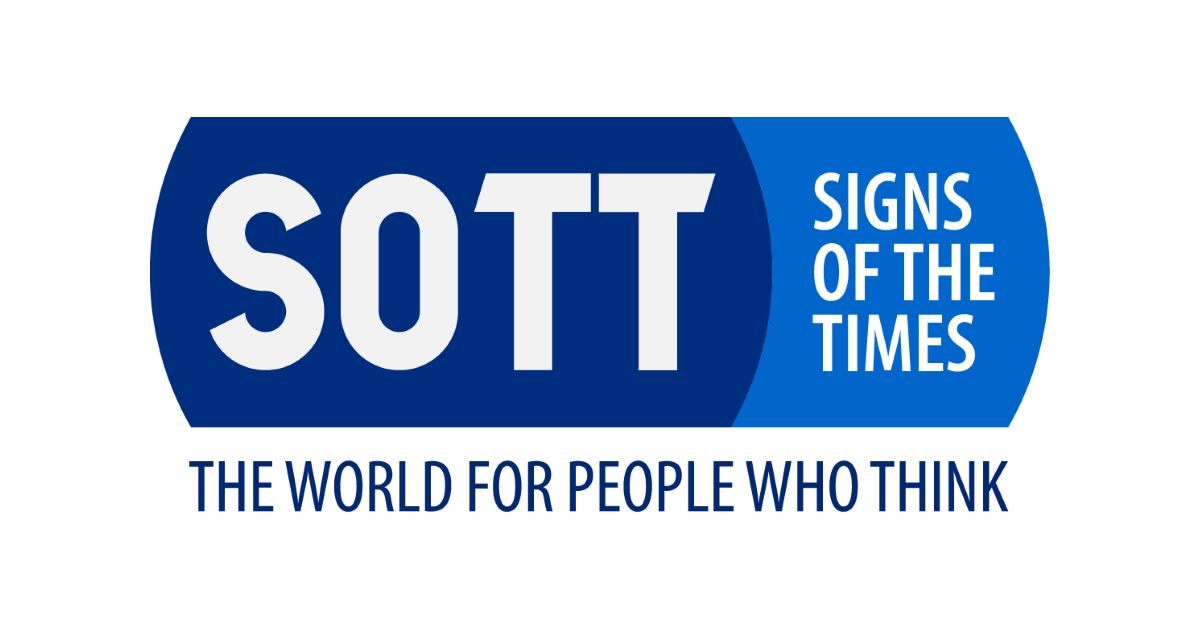Brain activity reveals mother tongue
The Associated Press
Mon, 26 May 2008 19:17 UTC
ROME: No one can read our thoughts, for now, but some scientists believe they can at least figure out in what language we do our thinking.
Before we utter a single word, experts can gauge our mother tongue and the level of proficiency in other languages by analyzing our brain activity while we read, scientists working with Italy's National Research Council say.
For more than a year, a team of scientists experimented on 15 interpreters, revealing what they say were surprising differences in brain activity when the subjects were shown words in their native language and in other languages they spoke.
The
findings show how differently the brain absorbs and recalls languages learned in early childhood and later in life, said Alice Mado Proverbio, a professor of cognitive electrophysiology at the Milano-Bicocca University in Milan.
Proverbio, who led the study, said such research could help doctors communicate with patients suffering from amnesia or diseases that impair speech. It could also be of use one day in questioning refugee applicants or terror suspects to determine their origin, she said.
The interpreters who took part in the study were all Italians working for the European Union and translating in English and Italian.
"They were extremely fluent in English," Proverbio said in a telephone interview earlier this month.
"We didn't expect a big difference in brain activity" when they switched from one language to another.
The subjects were asked to look at a screen that flashed words in Italian, English, German as well as nonsensical letter combinations. They were not aware of the purpose of the study and were simply tasked with pressing a button when they spotted a specific symbol, Proverbio said.
Meanwhile, researchers monitored them using an electroencephalograph, or EEG, which measures the brain's electrical activity through electrodes placed on the scalp. The EEG readout was fed into a computer program that pinpointed the time, intensity and location of the responses evoked in the subjects' brains by each word.
About 170 milliseconds after a word was shown, the researchers recorded a peak in electrical activity in the left side of the brain, in an area that recognizes letters as part of words before their meaning is interpreted.
These brain waves had a much higher amplitude when the word was in Italian, the language the interpreters had learned before age five.
"The research suggests the
differences between the two languages are at a very fundamental level," said Joseph Dien, a psychology professor at the University of Kansas who was not involved in the study.
Proverbio attributed the differences to the fact
the brain absorbs the mother tongue at a time when it is also storing early visual, acoustic, emotional and other nonlinguistic knowledge. This means that the native language triggers a series of associations within the brain that show up as increased electrical activity.
"Our mother tongue is the language we use to think, dream and feel emotion," Proverbio said.
Offering an example, she said that an English-speaking child would associate the word "knife" with a sharp, cold object that is dangerous and should only be used by adults, while these links would be much weaker and indirect once that person learned the same word in another language later in life.
The only exception would be for those bilingual individuals who learn an extra language before age five.
The findings by Proverbio's team were published earlier this year in the Biological Psychology journal and have surprised some scientists, particularly because the differences in brain activity show up at a point in the thought process when the brain hasn't yet interpreted the meaning of the words.
"I didn't expect such differences at the very beginning of the process," Dien said in a telephone interview.
"They emerge at a very early level of comprehension," he said. "It will take a lot more work to work out the implications of that."
Dien said further research in the area could help understand and treat learning disabilities like dyslexia.
The Italian
study also showed links between brain activity and proficiency in other languages. The differences showed up when the translators were shown words in English and in German, a language they knew at a more basic level, Proverbio said.
In this case,
the differences in intensity and duration of the brain's activity were seen some 250 milliseconds after a word was shown, and were traced to areas of the brain used to understand the meaning of words.
This phenomenon had been already discovered by previous studies which, however, had not spotted any difference between the mother tongue and other languages spoken with high proficiency. This had suggested that with some effort "we could all become perfectly bilingual," Proverbio said. "Unfortunately, that's not true."

